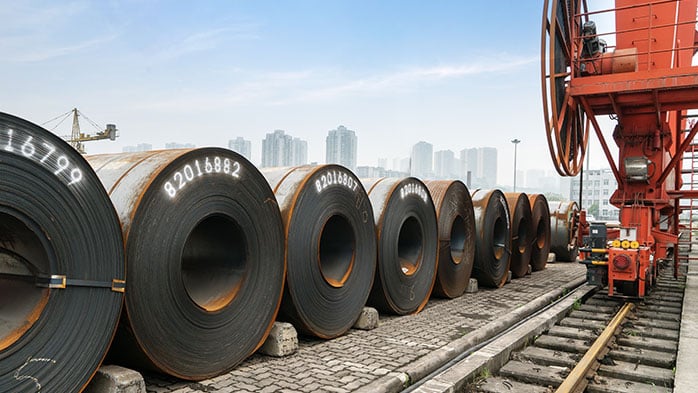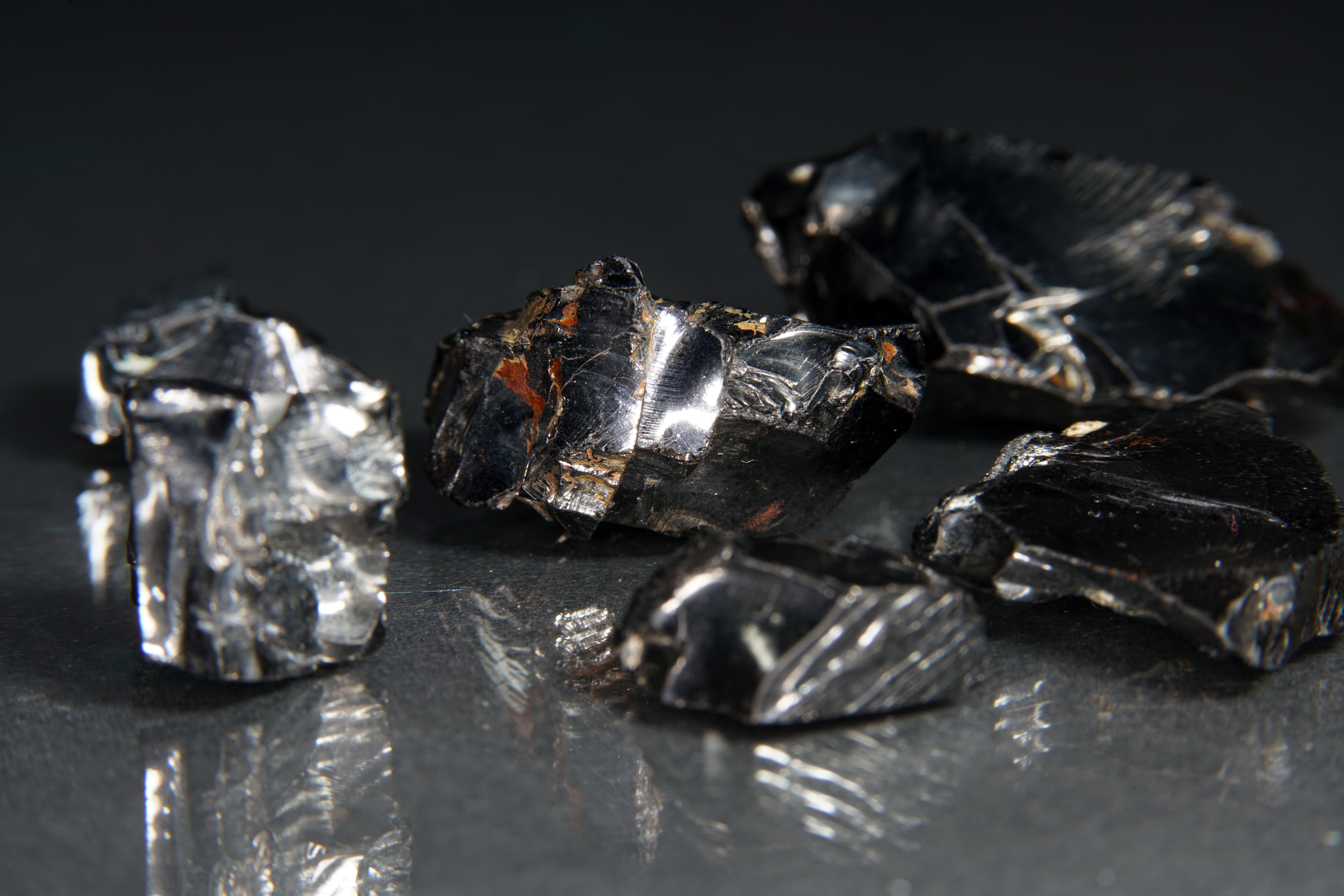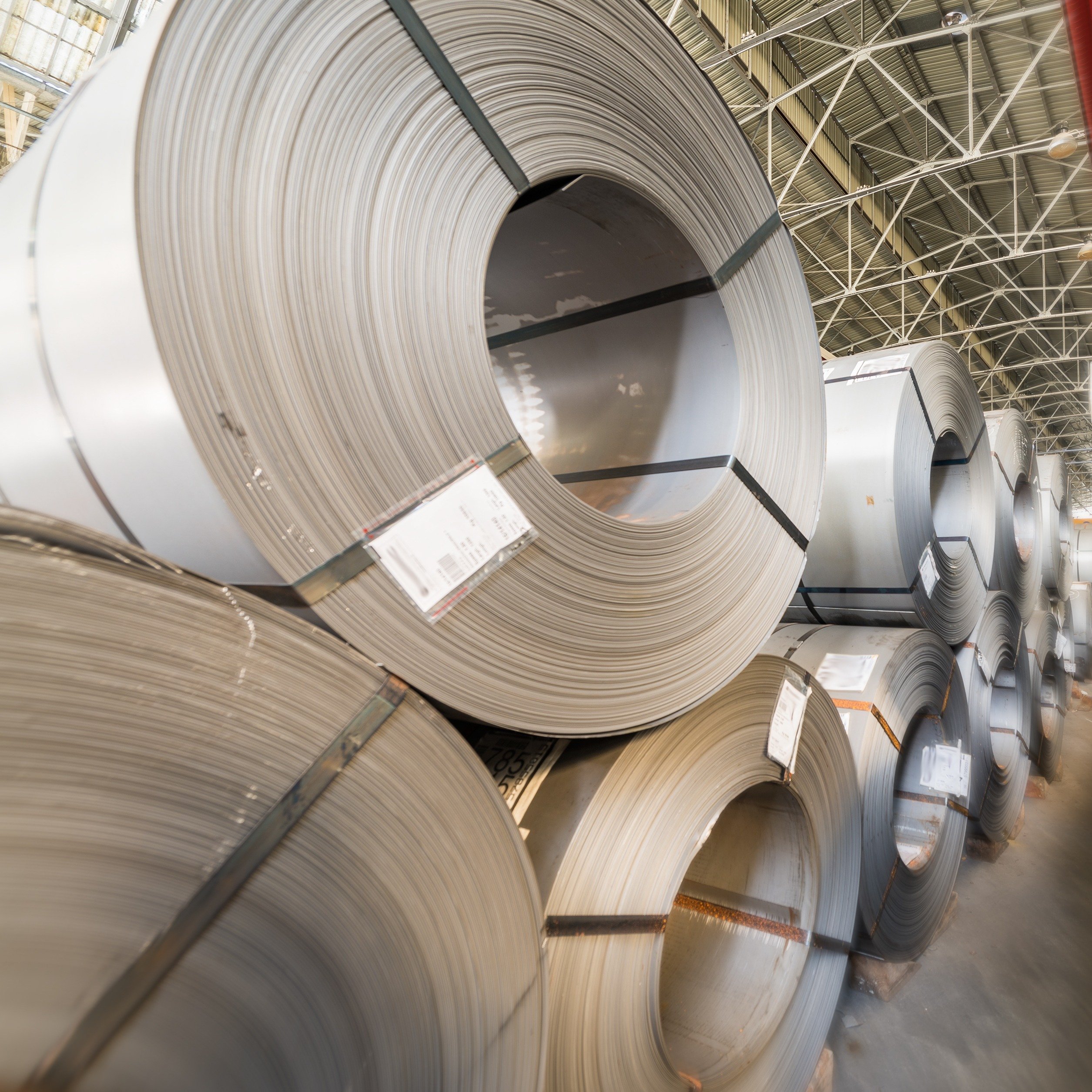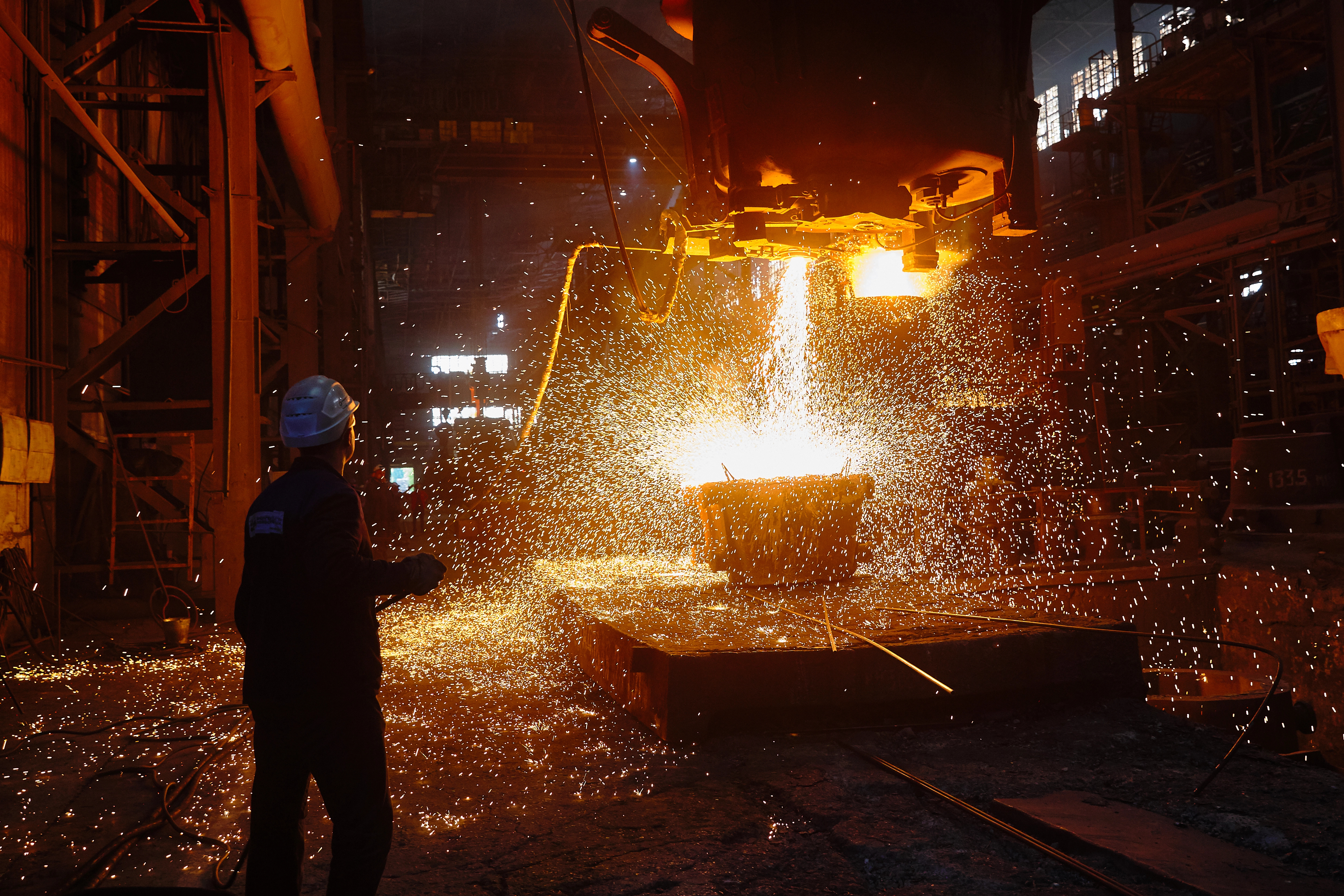For December, we forecasted the carbon price would increase from €69 /tCO2 to €71 /tCO2. However, the price remained between €66–69 /tCO2, dropping to €63 /tCO2 in the last few days. The main reason for the fall was a drastic increase in wind output that exceeded our expectations and lowered fossil-based power demand. Ironically, high-cost gas-based power was favoured over coal to respond to periods when wind output was very low. These factors put downward pressure on the carbon price.
Wind speeds are forecast to fall by the end of December and assuming that wind speeds remain at average levels for January, wind output will decrease. This will lead to more fossil-based power use and – due to the expected increase in gas prices relative to coal – there will be a strong incentive for gas-to-coal switching next month.
Power demand remains low when compared to the historical average for this time of year, due to a poor economy and warmer-than-average temperatures. No improvement to economic conditions are expected and warmer-than-average temperatures are set to continue into January. Next month, EDF is expected to see an increase in nuclear output following its recent maintenance programme. Additionally, hydro is projected to return to average levels.
With these factors together, we expect the carbon price will increase to €66 /tCO2 in January.
Slower winds will put upside pressure on the carbon price
Wind speeds are forecast to remain high for the next few days but will fall back to average (or below average) levels by the end of December. This contrasts with the exceptional increase in wind output in early December. If slower winds continue into January, this will put strong upward pressure on the carbon price.
Hydro output decreased slightly last month and was below historical average levels. The forecast for January expects rainfall to be around average levels for the time of year and, with European reservoir levels being stable, we expect a marginal improvement in output, but this will have a limited impact on EUA demand and carbon price during the month.
Increased gas and coal use
Despite higher gas prices there was a reversal of gas-to-coal switching in December. Given the historical relationship between gas use and gas price, we forecasted that gas use would fall relative to coal during December, but this did not happen, mainly because of volatile, if high, wind output. Gas power was preferred to coal power to cover for this volatility. As wind output is expected to fall back in January, we expect both gas and coal use to increase. However, as gas prices are forecast to increase further, we believe there will be a strong economic incentive to use more coal. Both factors – increased reliance on fossil power and gas-to-coal switching – will put upward pressure on the carbon price.
Outlook for the economy and industry remain poor
Power demand remains below the historical average for December, with both steel profitability and production also staying low for 2024 Q4. Temperatures have also been warmer than average for this time of year. With steel profitability forecast to be low in 2025 Q1, and warmer than average temperatures forecast to continue into January, we do not anticipate any significant increase in power demand. Therefore, we expect power demand to have minimal differential impact on the carbon price in January.
Nuclear output stable in January
EDF has revised its output figures for the rest of December and has increased the amount of nuclear power it plans to produce. This is after a month where France and Europe both saw an increase in nuclear power production. EDF credits the increase in France to the success of repairs conducted in its facilities. With no planned closures or strikes, we can expect nuclear power to increase even further than it typically does in January, therefore having a downwards impact on the carbon price.
If you want to hear more about carbon market developments and our short-, medium- or long-term carbon price forecasts provided as part of CRU’s Sustainability and Emissions service, please email us at sales@crugroup.com – we’d be happy to discuss this with you.

















